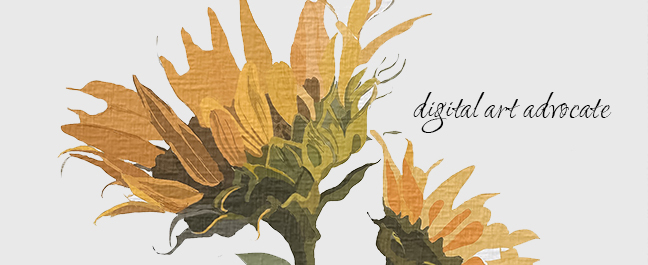Unbearable Beauty
 Thursday, August 14, 2008 at 09:07PM
Thursday, August 14, 2008 at 09:07PM 
A long time ago I ran across a writing that has haunted me for years. I could not remember who wrote it, but what I took from it touched me. It spoke of a writer's admonition against needing to capture beauty, or, at least, that is what I took from it. It touched something primal in me and theretofore unexpressed by anyone I knew or anyone I read. Over the years the idea expressed in that piece has come to me as I try to photograph something too beautiful to lose; as I commit the beauty of sunsets, plants or creatures to memory for when they can no longer be beheld by my eyes. In short, when I have tried to own beauty before it passes away.
I recently found the haunting passage, and the author was (of course) Etty Hillesum:
"It was dusk, soft hues in the sky, mysterious silhouettes of houses, trees alive with the light through the tracery of their branches, in short, enchanting. And then I knew precisely how I had felt in the past. Then all that beauty would have gone like a stab to my heart, and I would not have known what to do with the pain...But that night, only just gone, I reacted quite differently. I felt that God's world was beautiful despite everything, but its beauty now filled me with joy. I was just as moved by that mysterious, still landscape in the dusk as I might have been before, but somehow I no longer wanted to own it."
Along a similar line Hillesum painted the following words:
"Last night I felt the almost unbearable beauty of the rose-red sweet peas standing there amidst my books. Had I but the gift of adequate words (and fortunately I have not), then I should have sat myself down to write an aesthetic treatise. And with it I would have cast off the weight under which that beauty had nearly crushed me. But I lacked the words, and so I wrote quite blandly: beauty, too, is something one must be able to bear."
Being a person with inadequate words, all my life I have said of music or images, "it is so beautiful it hurts." Being a person who has not yet learned to bear the ephemeral nature of beauty, I am only now learning to taste, swallow and release the energy of that which is only a gift and not mine to own. In the meantime, Hillesum's words make my soul the wiser despite nearly crushing me.
Quotations from Etty. The letter and Diaries of Etty Hillesum 1941-1943, edited by Klaas A.D. Smelik, translated by Arnold J. Pomerans (transl.).
 Beauty
Beauty 




